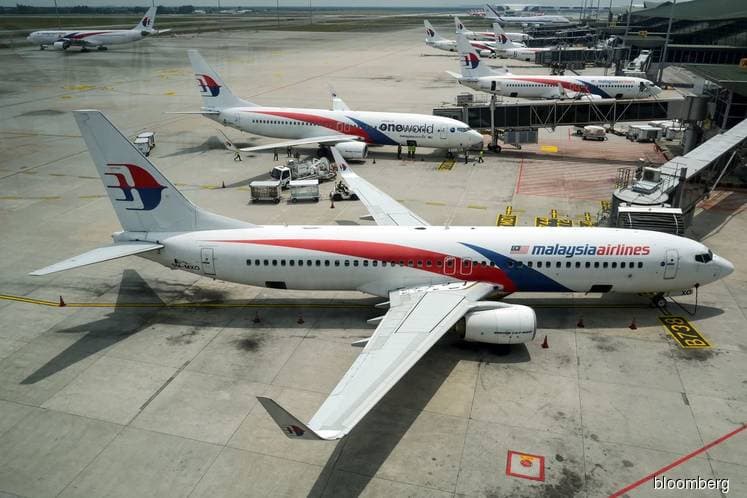
This article first appeared in The Edge Financial Daily on October 11, 2019
KUALA LUMPUR: Malaysia Airlines Bhd has finally filed its much-delayed accounts for its financial year ended Dec 31, 2018 (FY18), which saw the national carrier’s net loss narrowing by a marginal 2.5% year-on-year (y-o-y).
The summary of financial information filed with CTOS yesterday showed that Malaysia Airlines' net loss for FY18 dropped to RM791.71 million from RM812.11 million in the previous year, as revenue improved by a slight 0.8% to RM8.74 billion from RM8.67 billion. No explanation for the results was given in the summary.
In March, when Malaysia Airlines group chief executive officer Captain Izham Ismail announced the group’s overall performance for FY18 — the exact figures were not revealed then — he said the year saw intense competition, with supply outstripping demand, as well as volatility in fuel and foreign exchange (forex), which affected its profitability.
Malaysia Airlines, which missed its target to return to the black last year, saw its gearing ratio (debt to equity) turn negative to 7.01 times as at Dec 31, 2018, from a positive gearing ratio of 8.39 times the year before. The last time it posted a negative gearing ratio was in FY15, which was at 13.38 times.
A negative gearing ratio indicates that the airline, which is still receiving cash injection from its sole shareholder Khazanah Nasional Bhd to support its operation, is possibly in a net cash position.
Khazanah, which took the airline private in 2014, has pumped some RM800 million into the national carrier via its holding company Malaysia Aviation Group Bhd so far this year alone.
The summary revealed that Malaysia Airlines had total assets of RM5.12 billion as at Dec 31, 2018, down 11.41% from RM5.78 billion the year before.
At the same time, its total liabilities increased 15.65% to RM5.97 billion as at Dec 31, 2018, compared with RM5.17 billion a year ago.
In June, when Izham announced the airline’s performance for the first quarter ended March, 2019, he warned that 2019 is expected to remain "extremely challenging", given rising competitive environment and aircraft overcapacity which directly impacts yield.
"While the airline has hedged against fuel and forex, we will continue to be impacted by such external volatilities including the ongoing trade war between the US and China, and does not foresee to break even this year," he said.